When most people think about building impressive arms, they immediately focus on the biceps. But seasoned lifters know that true arm thickness comes from the triceps—the three-headed muscle that makes up nearly two-thirds of your upper arm. If your training has stalled or you’re simply unsure how to approach triceps hypertrophy, this guide will help you push past plateaus and start seeing real growth.
Understanding Triceps Anatomy and Function
Before diving into programming and technique, it's essential to understand what you're training. The triceps brachii consists of three heads:
-
Long head (runs down the back of the arm)
-
Lateral head (visible from the side when flexed)
-
Medial head (lies underneath the other two)
All three heads work to extend the elbow, but the long head also crosses the shoulder joint, playing a role in shoulder extension. For optimal tricep hypertrophy, your program needs to stimulate all three heads through a variety of angles and movement patterns.
Core Principles for Triceps Hypertrophy
1. Mechanical Tension Over Ego Lifting
Lifting heavier doesn’t always mean growing more. Focus on controlled eccentrics, full range of motion, and deep contractions. Time under tension is a key factor in muscle growth.
2. Train with Frequency
Hitting your triceps once per week won’t cut it if hypertrophy is the goal. Aim to train them 2–3 times weekly using a mix of compound and isolation movements.
3. Exercise Selection Variety
To activate all three heads and avoid adaptation, rotate through different exercises such as:
-
Close-Grip Bench Press (great for overall triceps load)
-
Overhead Dumbbell Extensions (targets long head)
-
Cable Pushdowns with Rope (emphasizes lateral and medial heads)
-
Skull Crushers (especially effective when performed with strict form)
Smart Programming: Volume and Progression
Triceps tend to recover quickly, so moderate-to-high volume works best. A typical hypertrophy block might include:
-
12–16 sets per week for triceps
-
8–12 reps per set
-
Progressive overload every 1–2 weeks (more reps, more weight, or better execution)
Don’t overlook tempo and rest intervals. A 2-1-2 tempo (eccentric-pause-concentric) with 45–60 seconds of rest keeps intensity high without sacrificing form.
Common Mistakes That Kill Triceps Growth
-
Neglecting the long head by avoiding overhead work
-
Using only pushdowns instead of integrating compound lifts
-
Poor elbow control, which leads to discomfort and limited range
-
Training too infrequently or with insufficient volume
My Personal Turning Point with Triceps Training
In my early years of training, I made the classic mistake—overemphasizing biceps curls while treating triceps as an afterthought. My arms looked unbalanced, and progress stagnated. It wasn’t until I began programming triceps-specific workouts with intention that I saw dramatic changes.
Overhead extensions with dumbbells and cables became staples, especially when combined with slower eccentrics. Within 8–12 weeks, not only did my pressing strength improve, but I noticed significant changes in both size and definition. It was a powerful reminder: if you want results, you have to train smart, not just hard.
Final Thoughts
Achieving triceps hypertrophy isn’t just about doing a few sets of pushdowns at the end of your workout. It requires a focused strategy—one that addresses all three heads, uses progressive overload, and applies proven principles of hypertrophy training.
Build consistency, track your progress, and don't be afraid to train your triceps as hard as your chest or back. When programmed correctly, your triceps will respond—and your arms will show it.


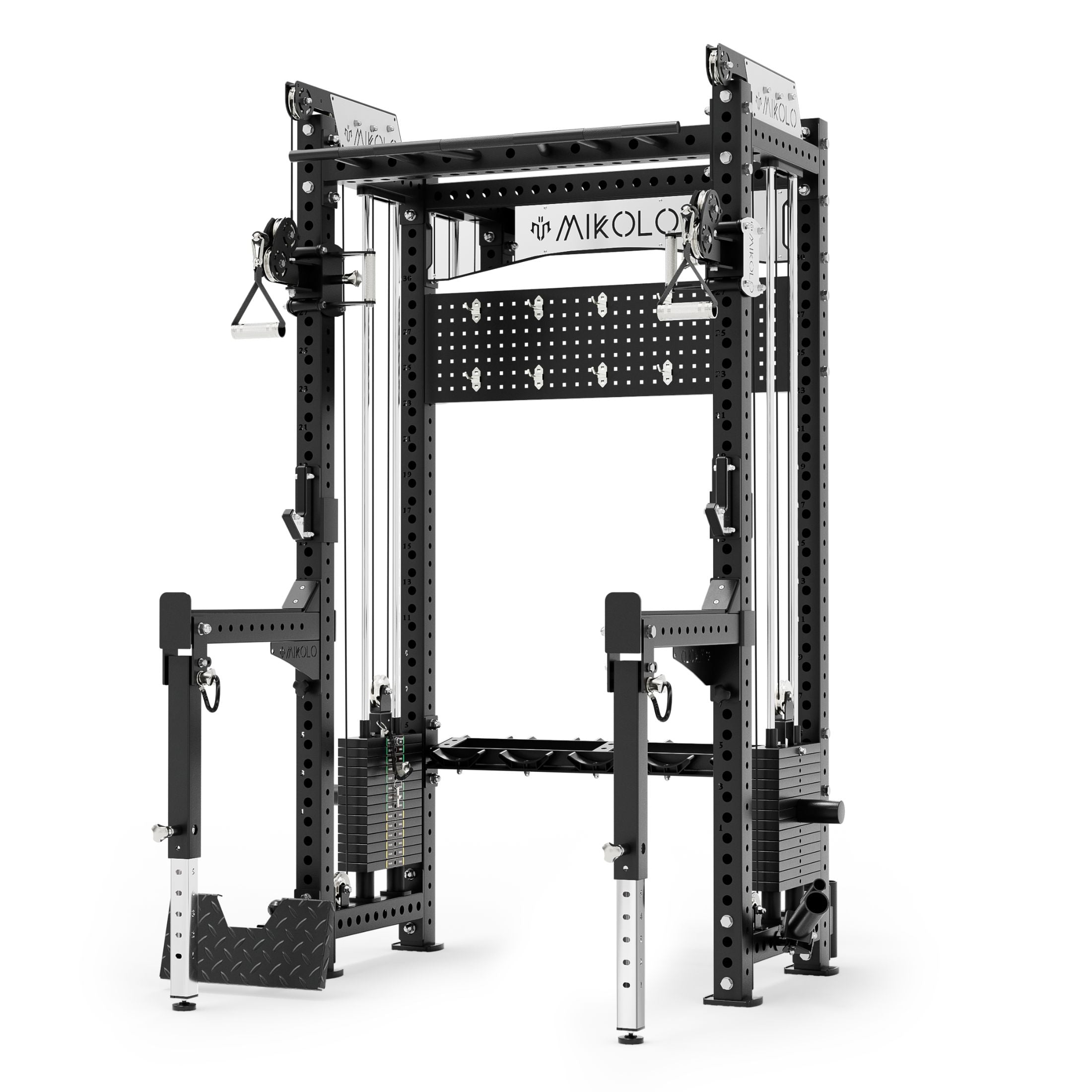
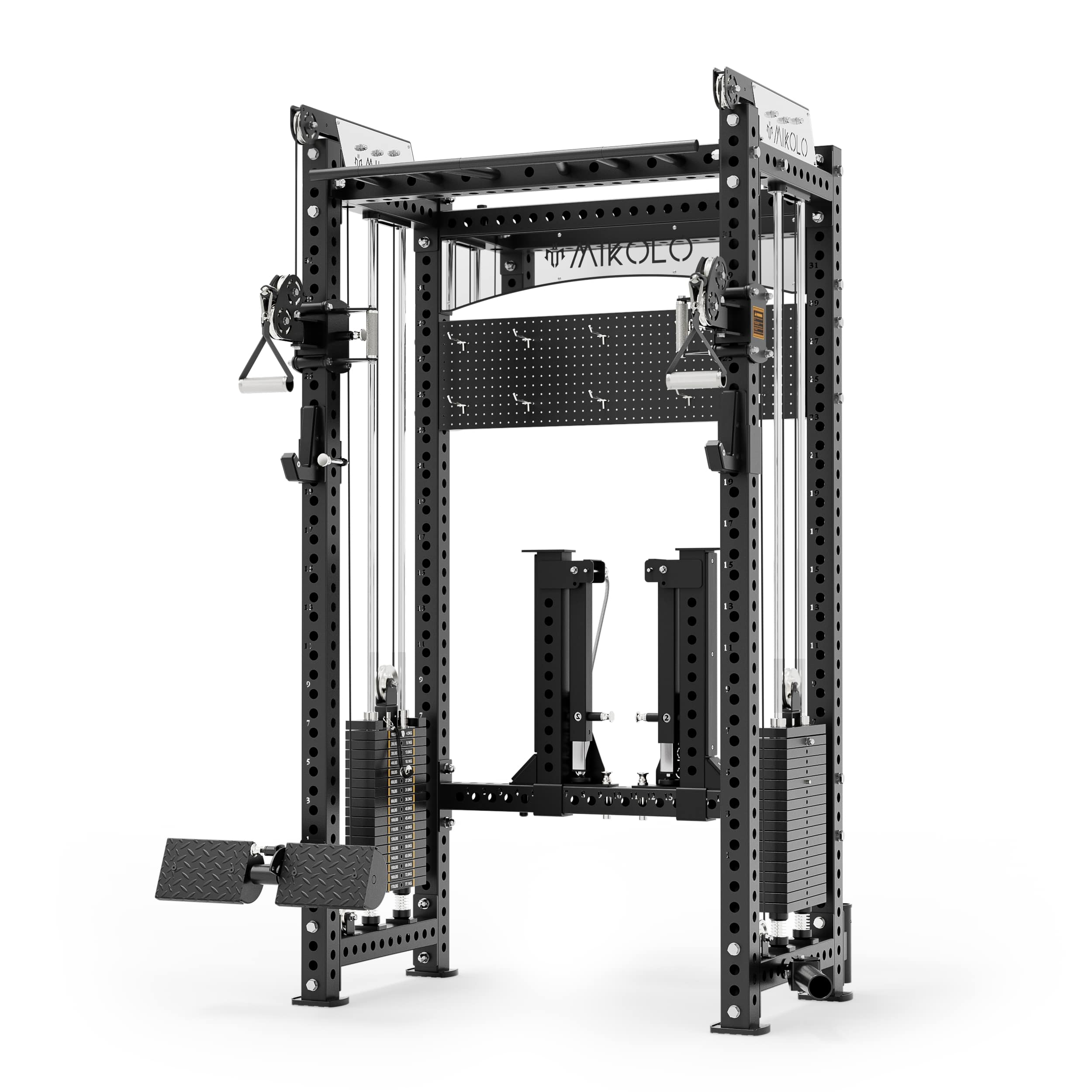
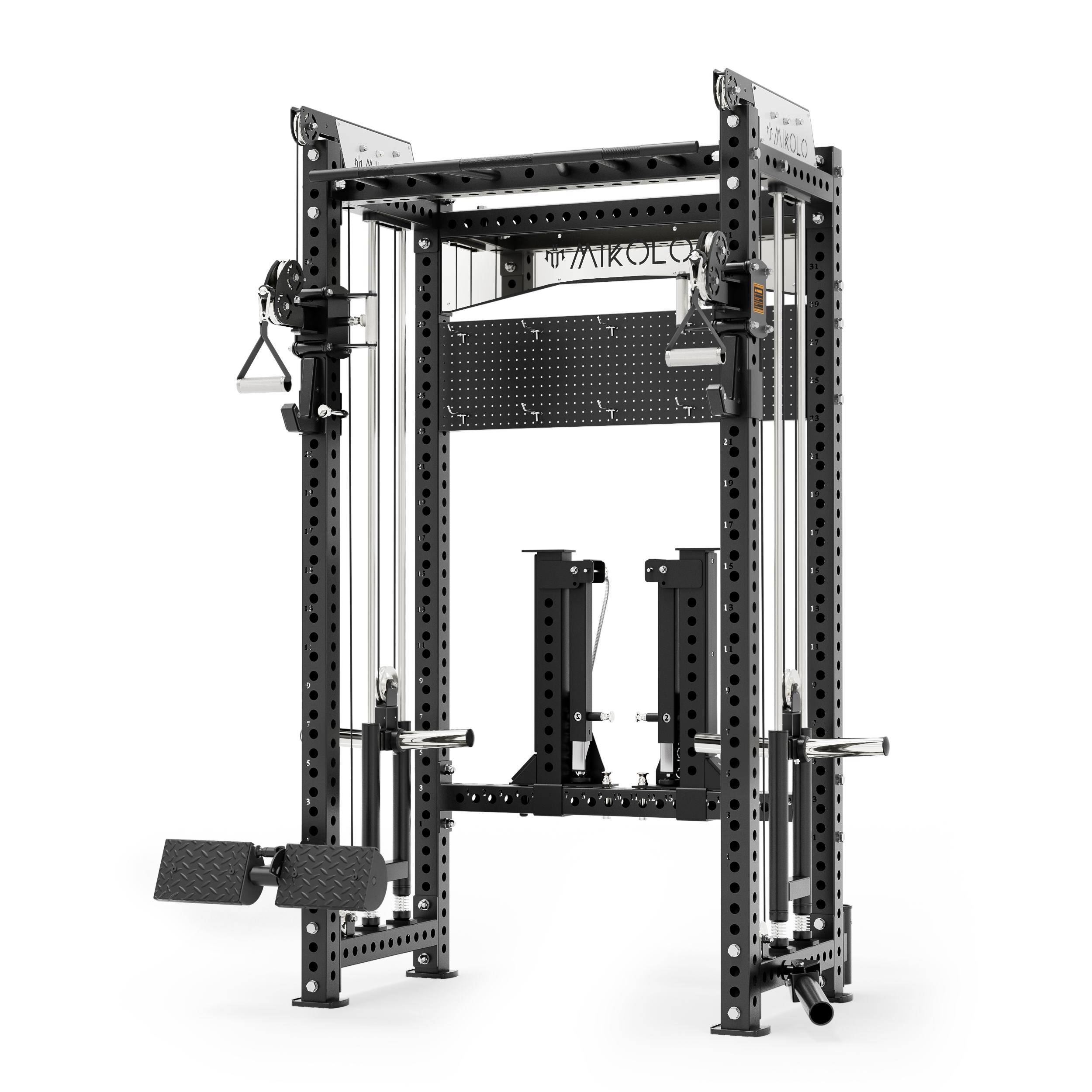


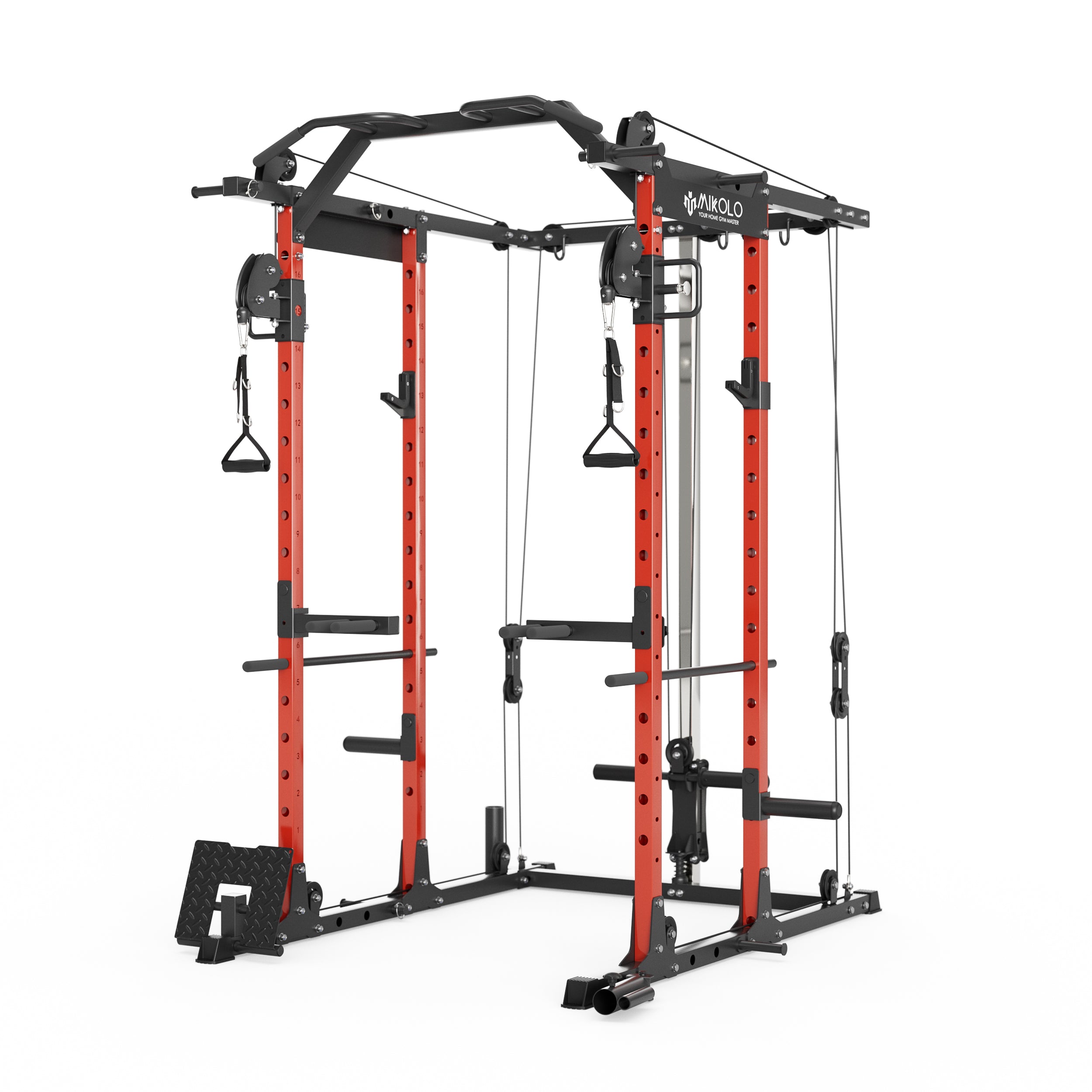
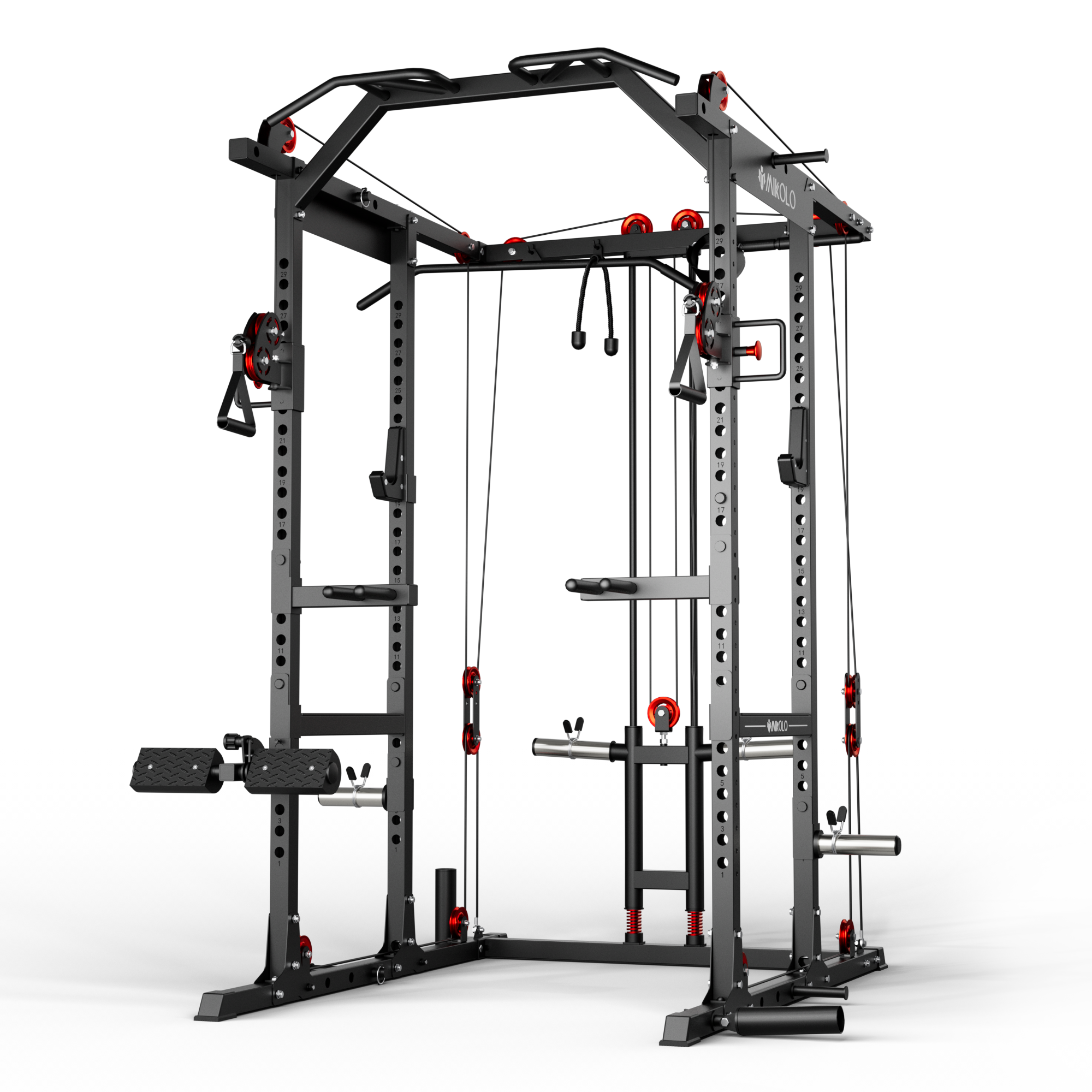

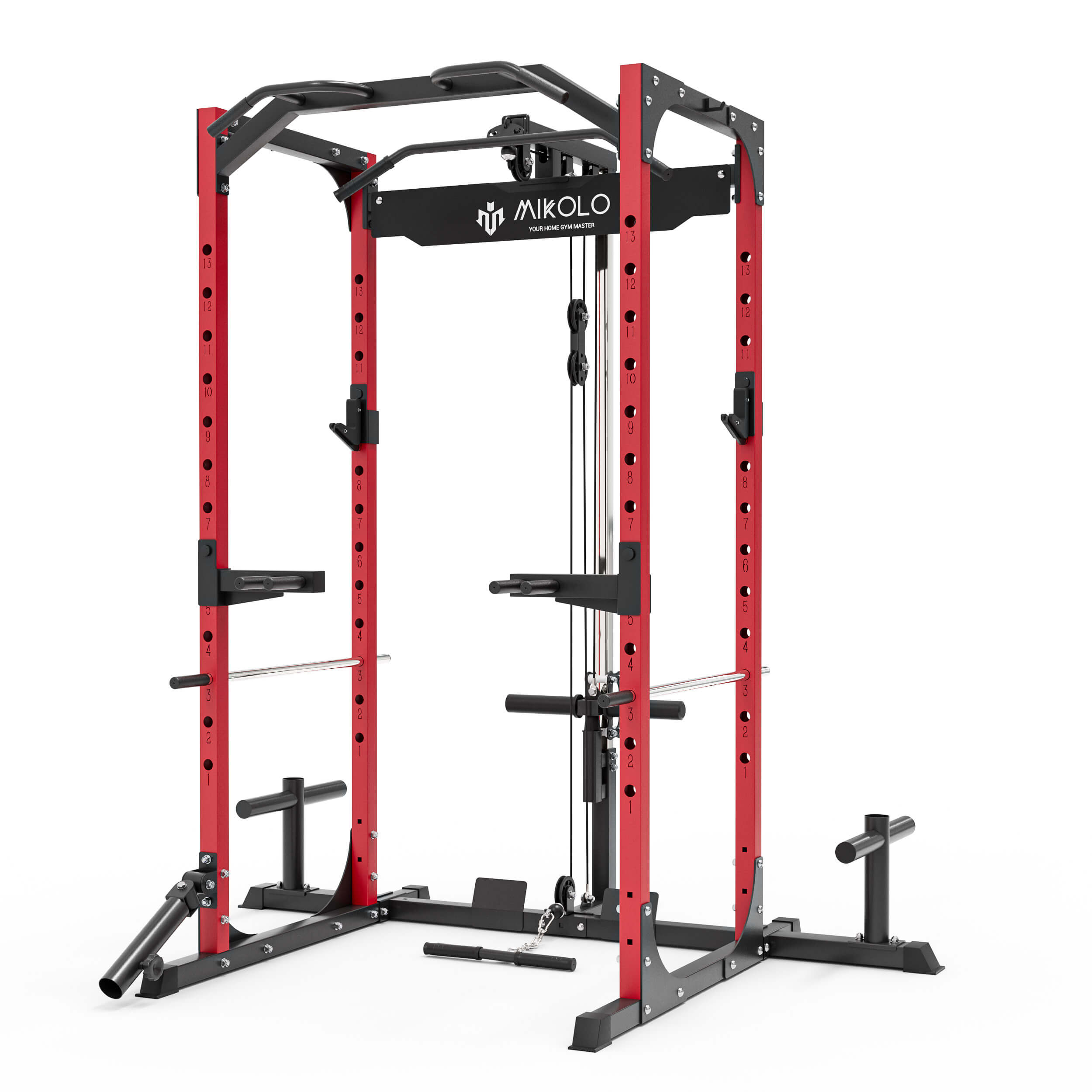
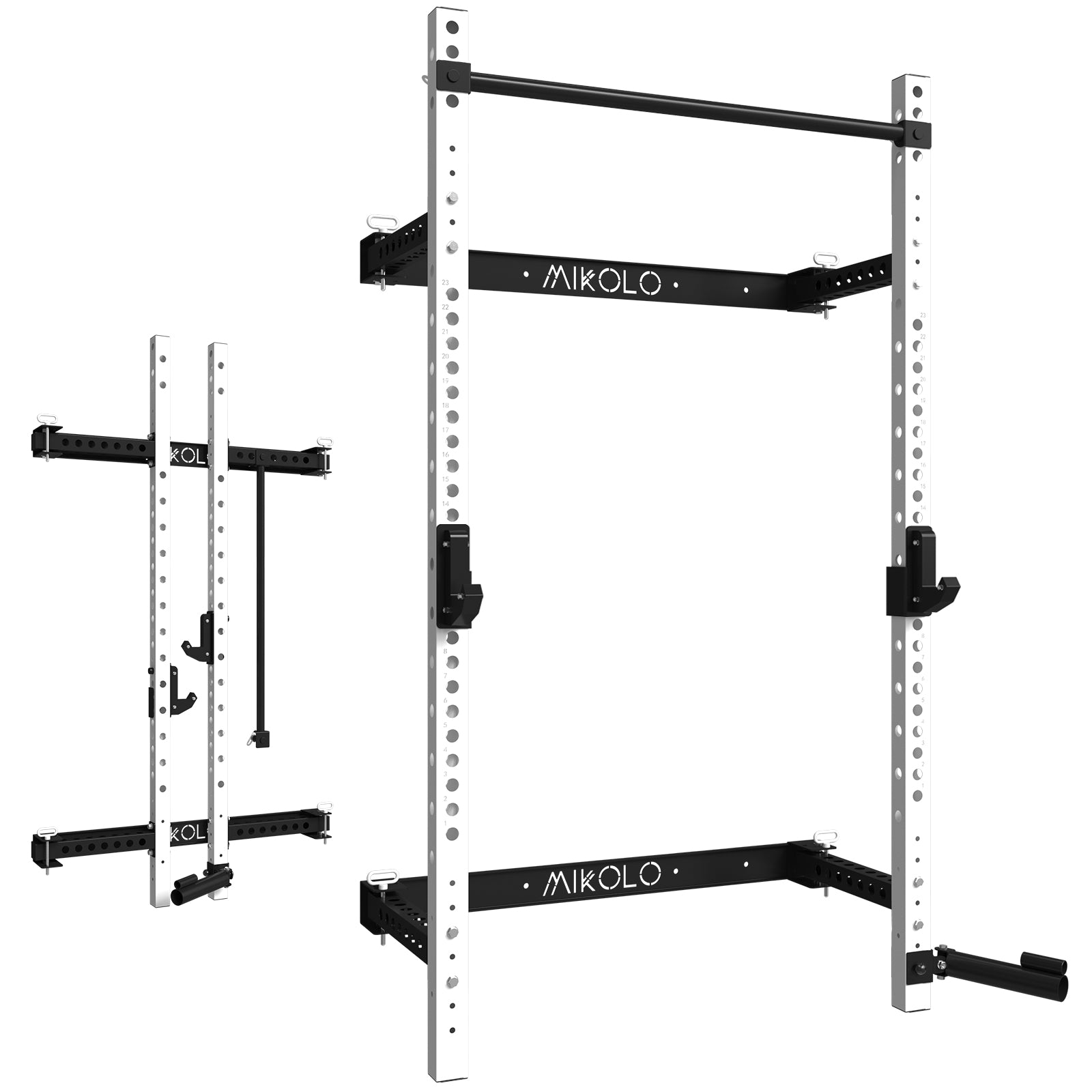


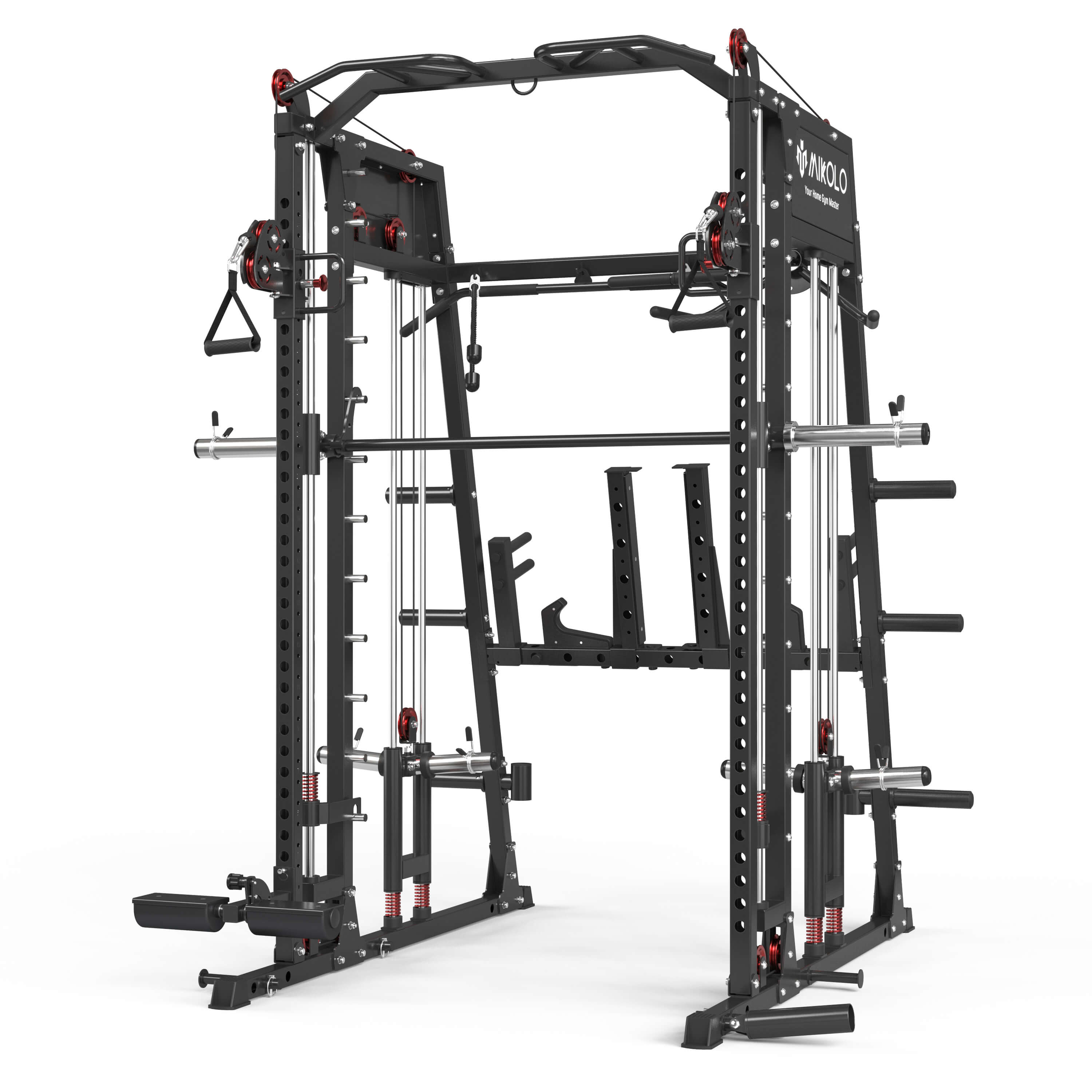
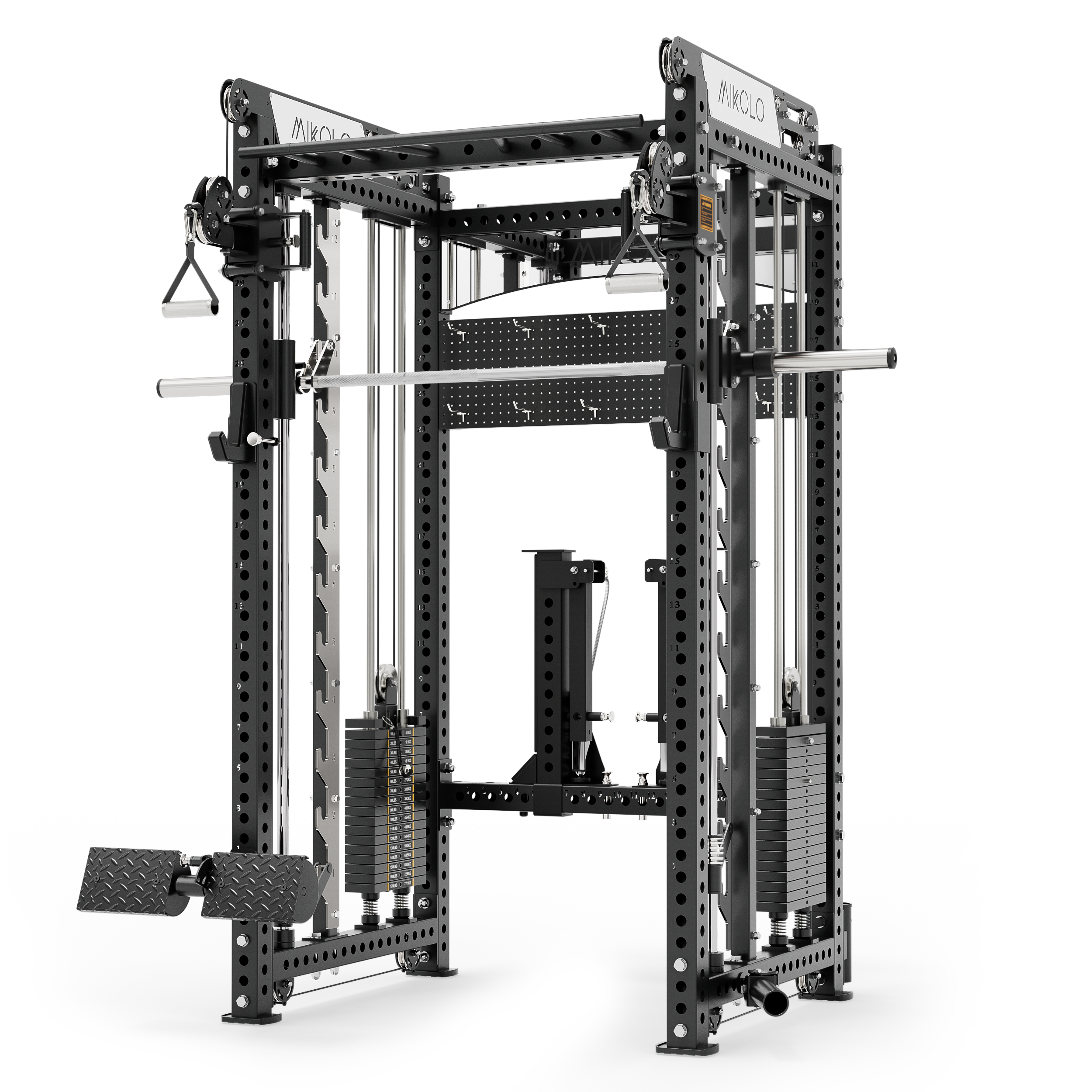
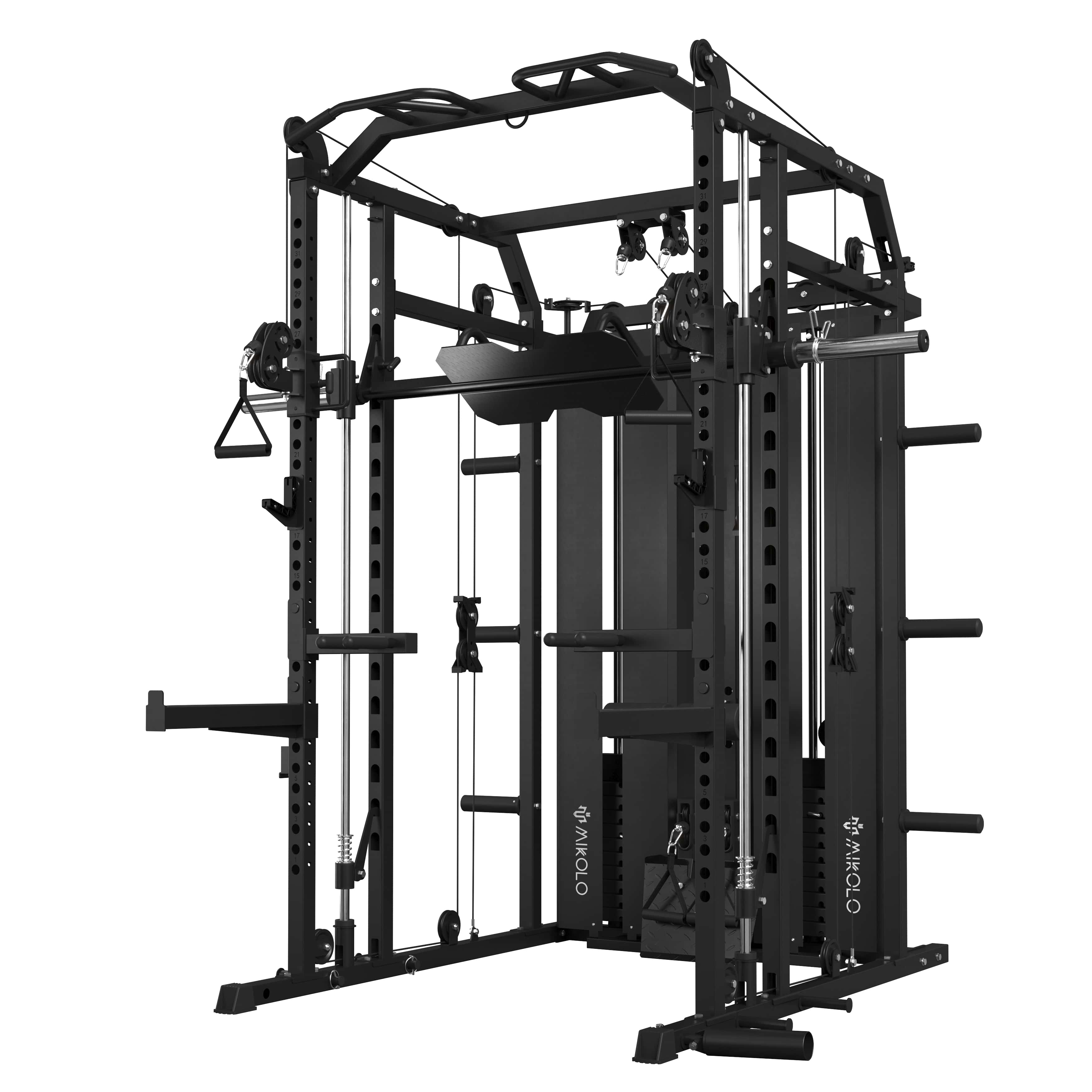
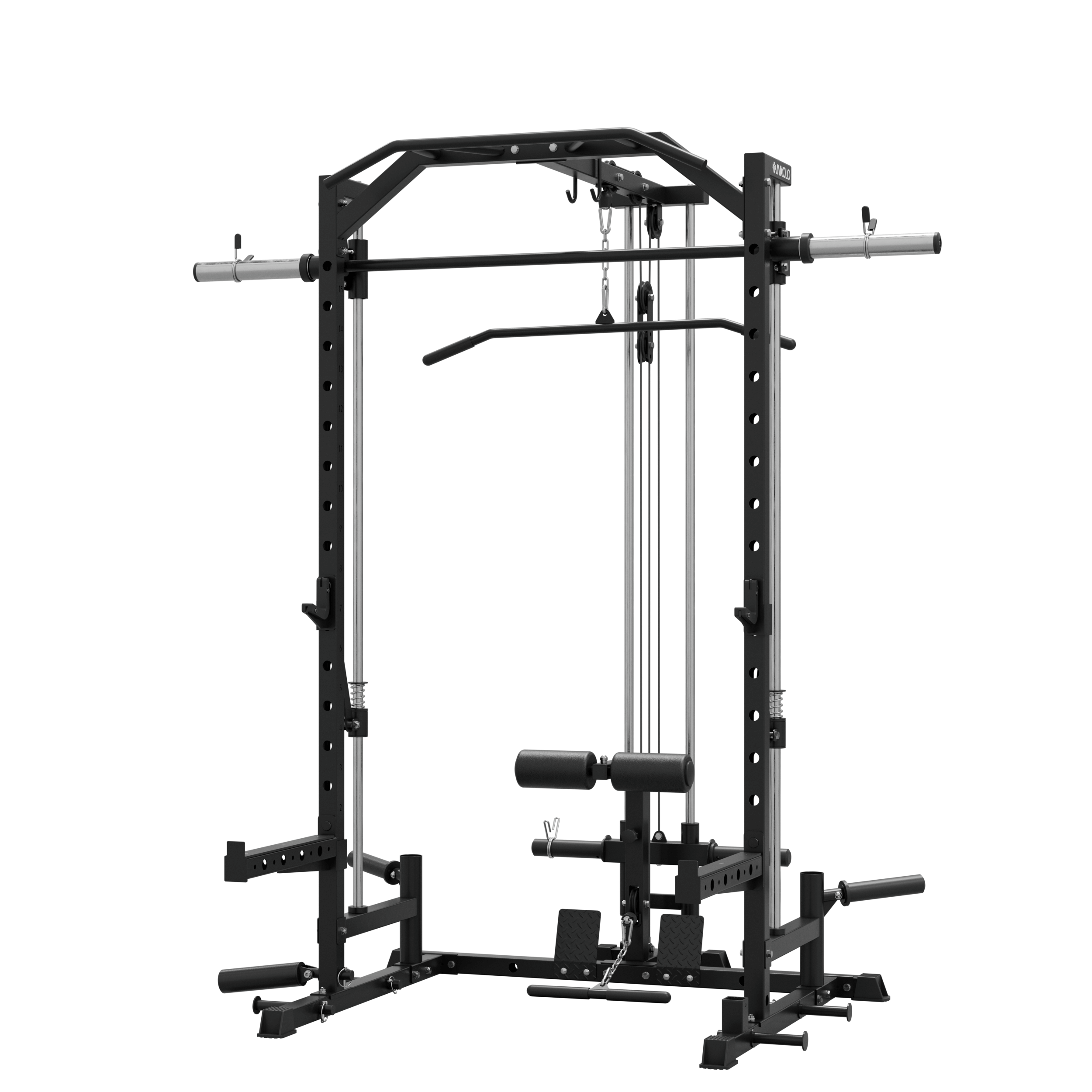
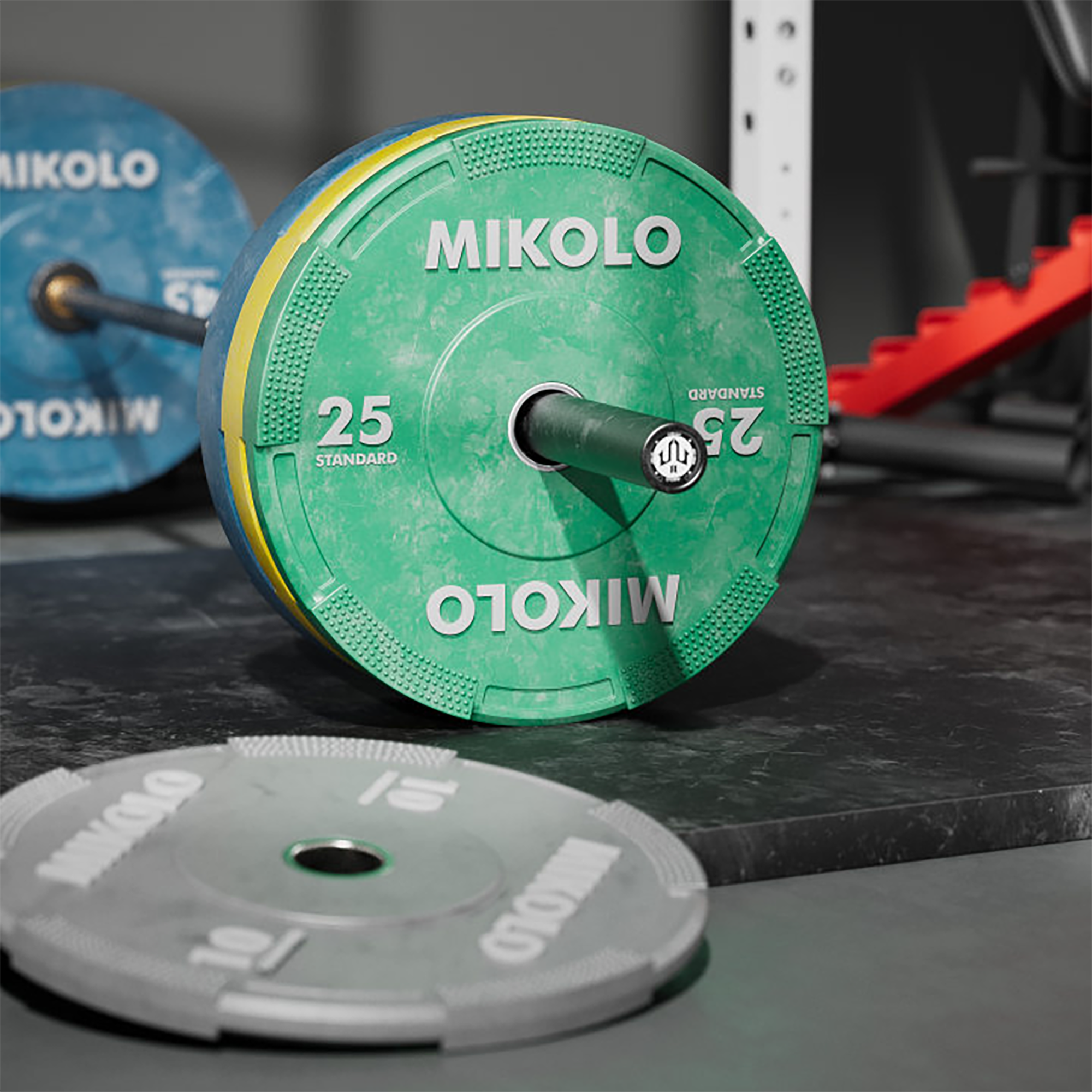


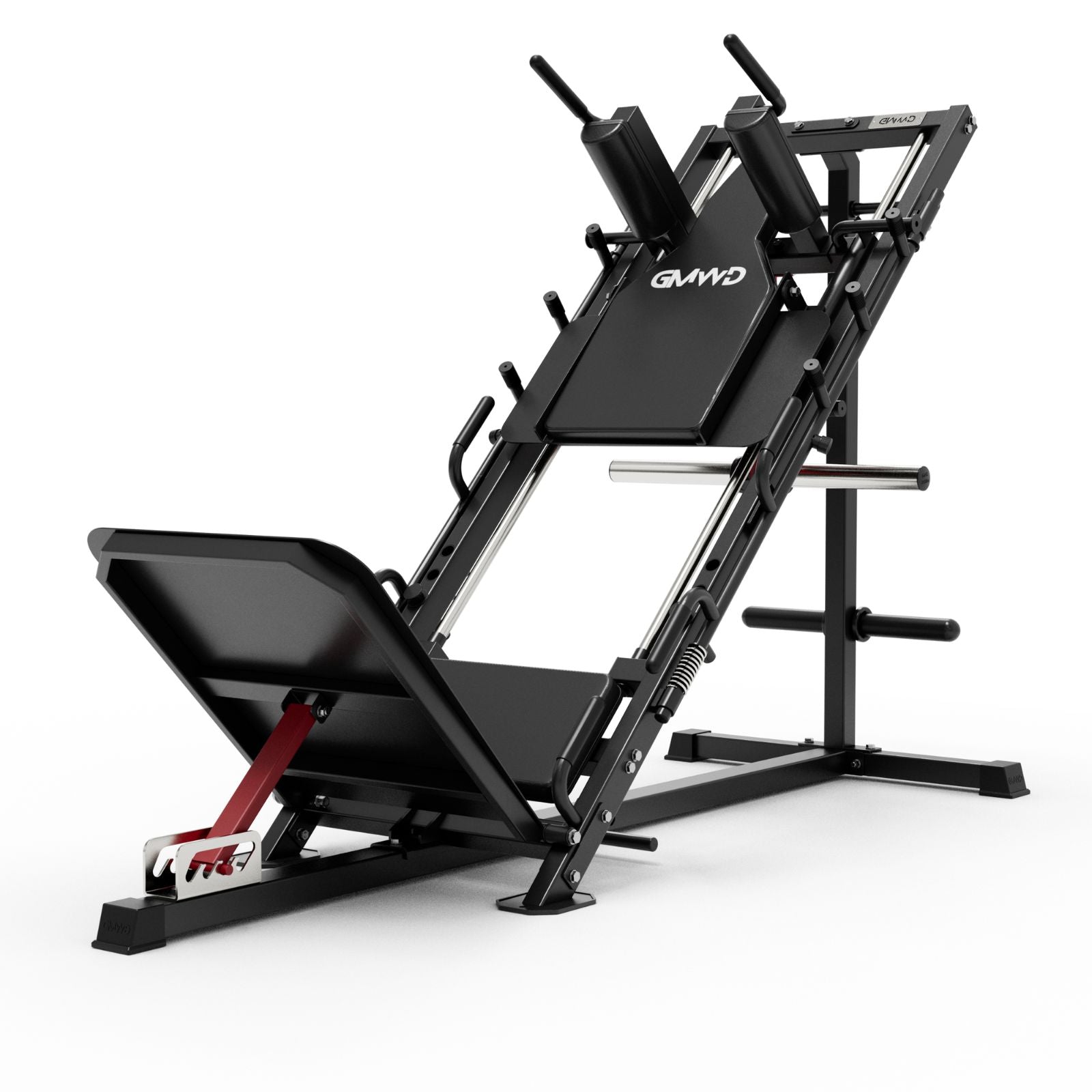


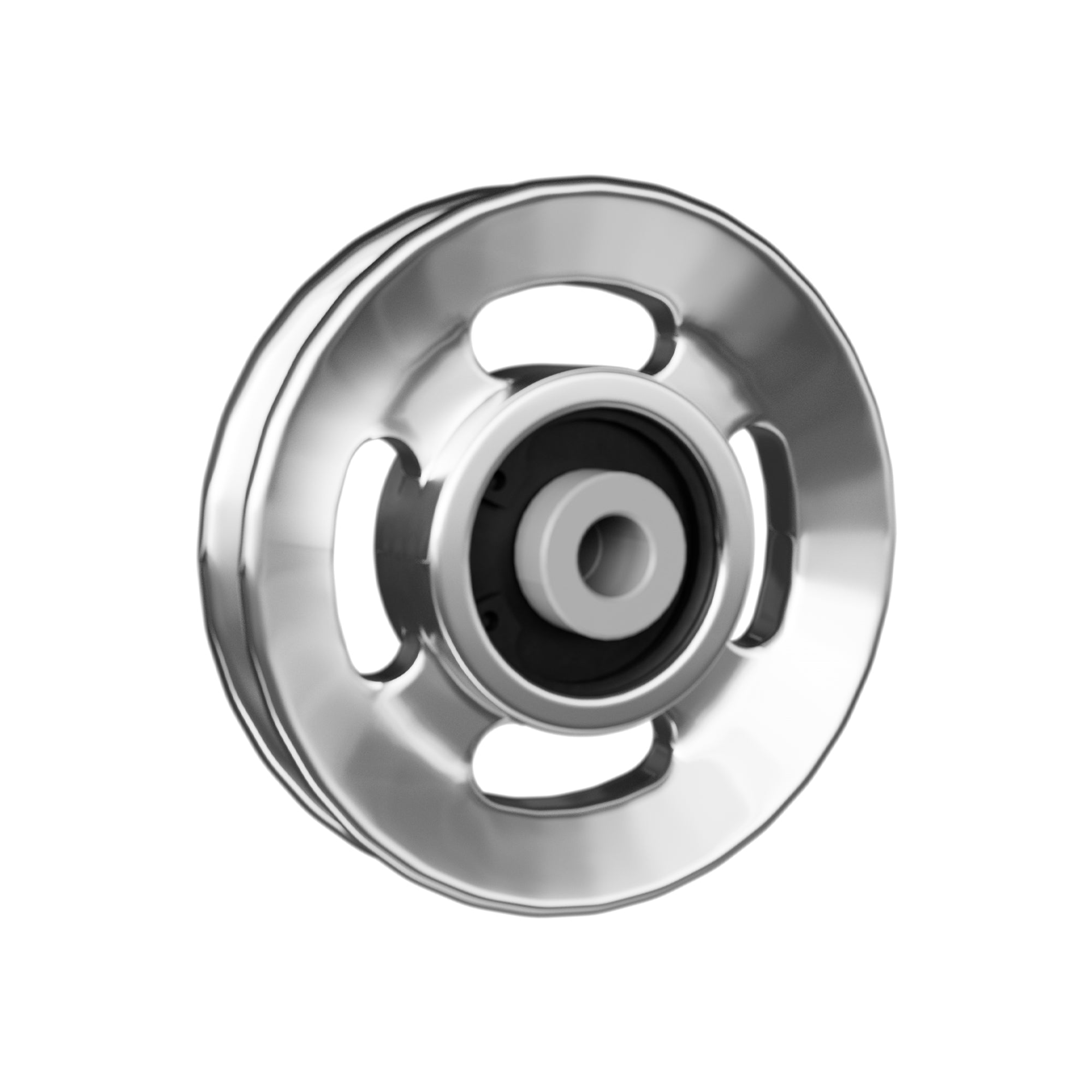
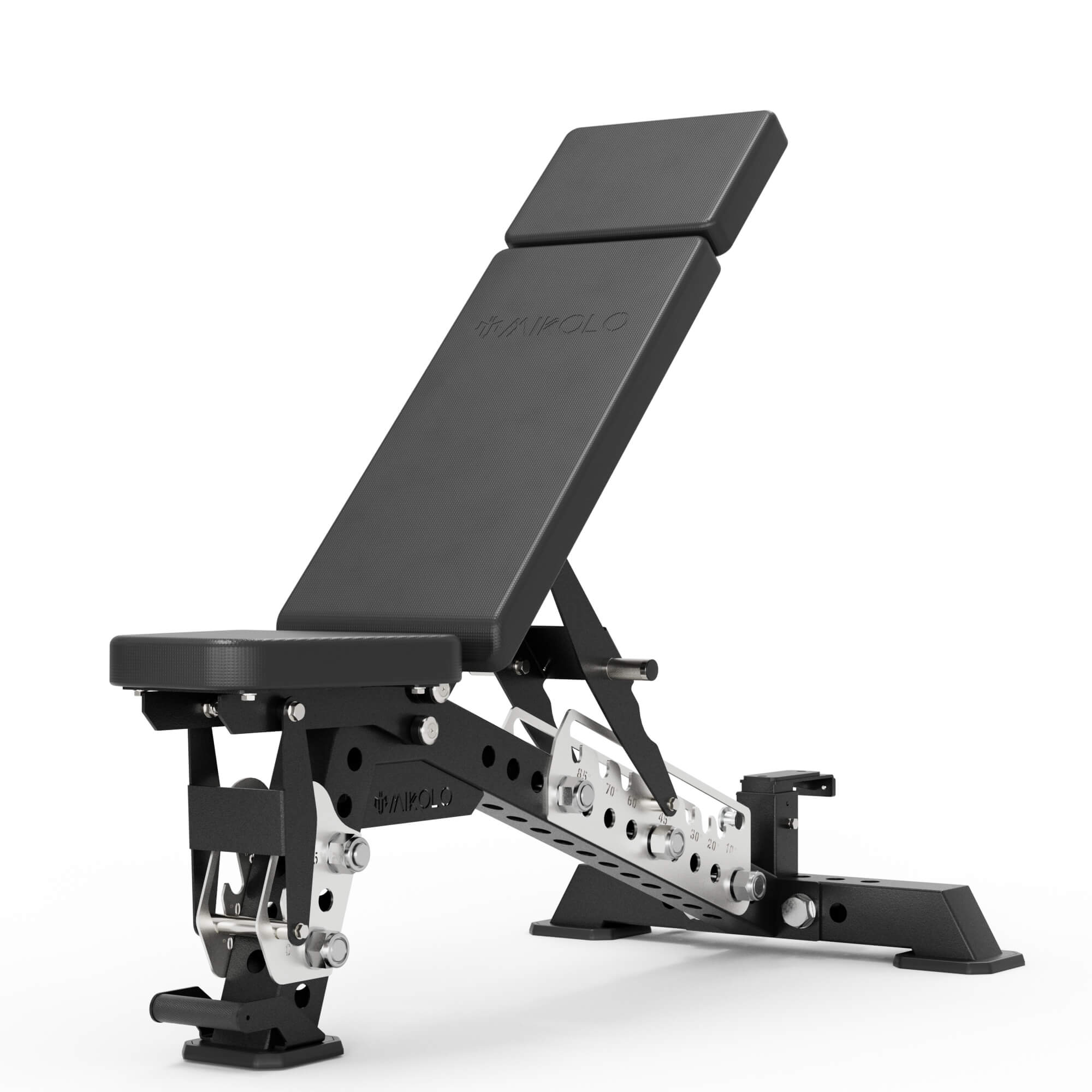
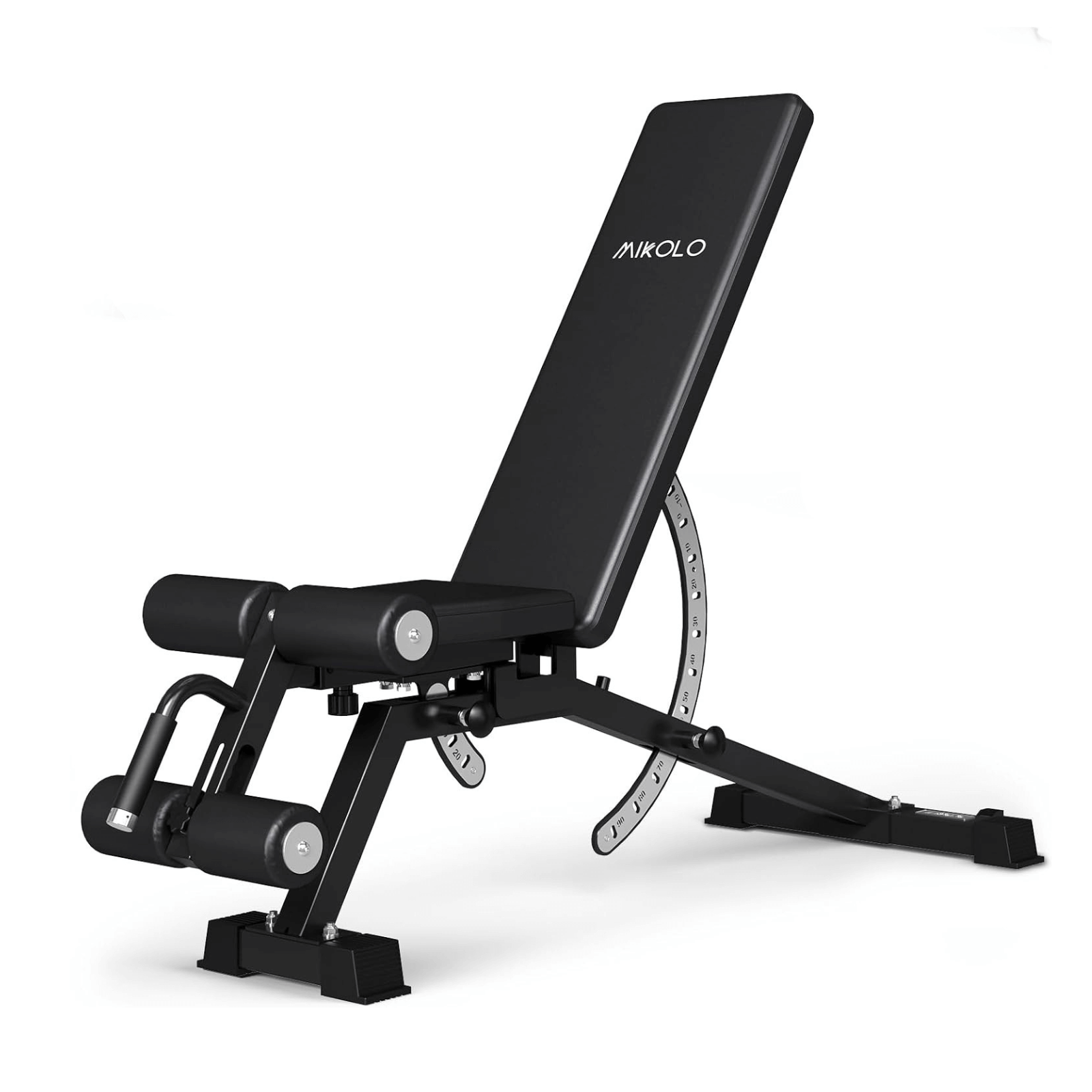



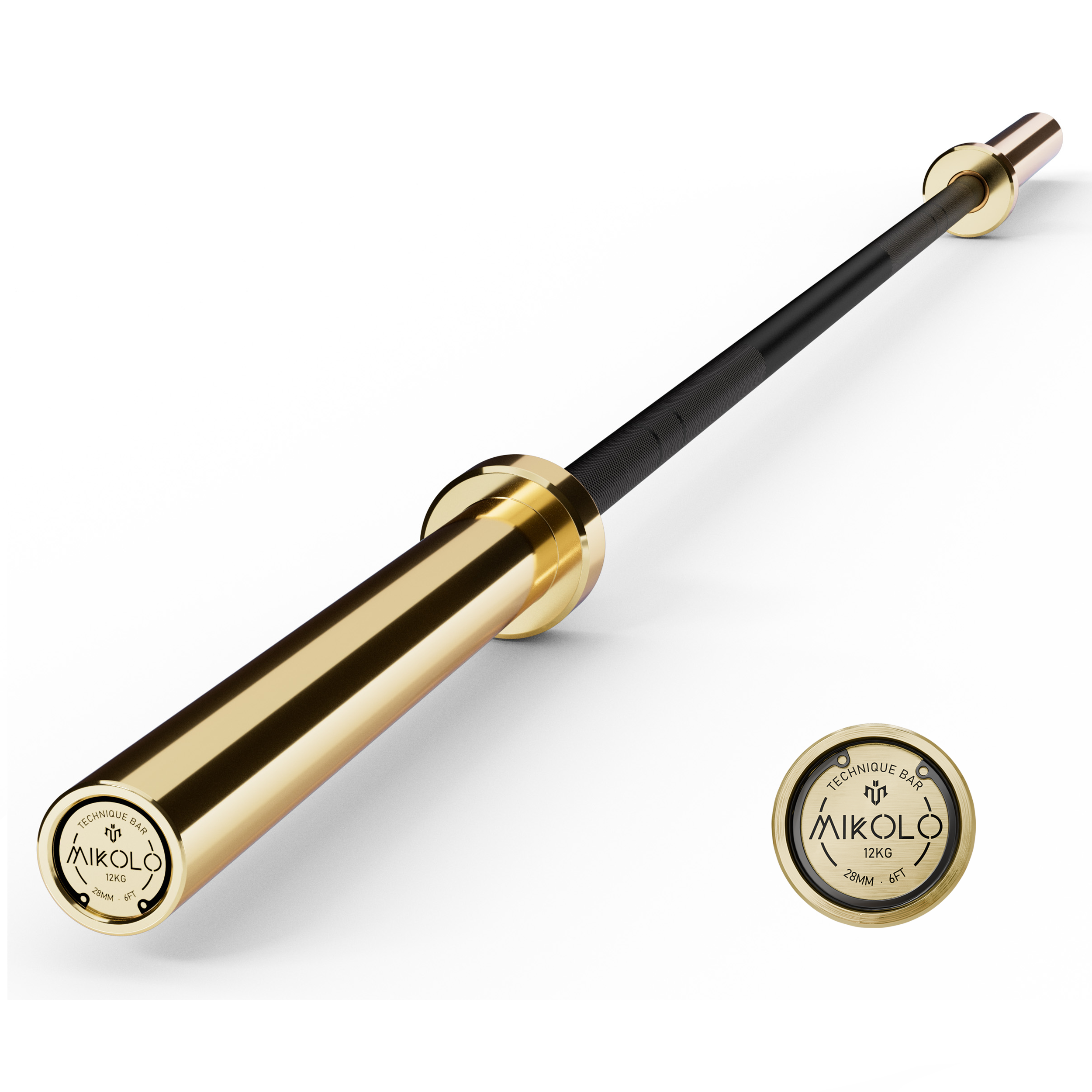
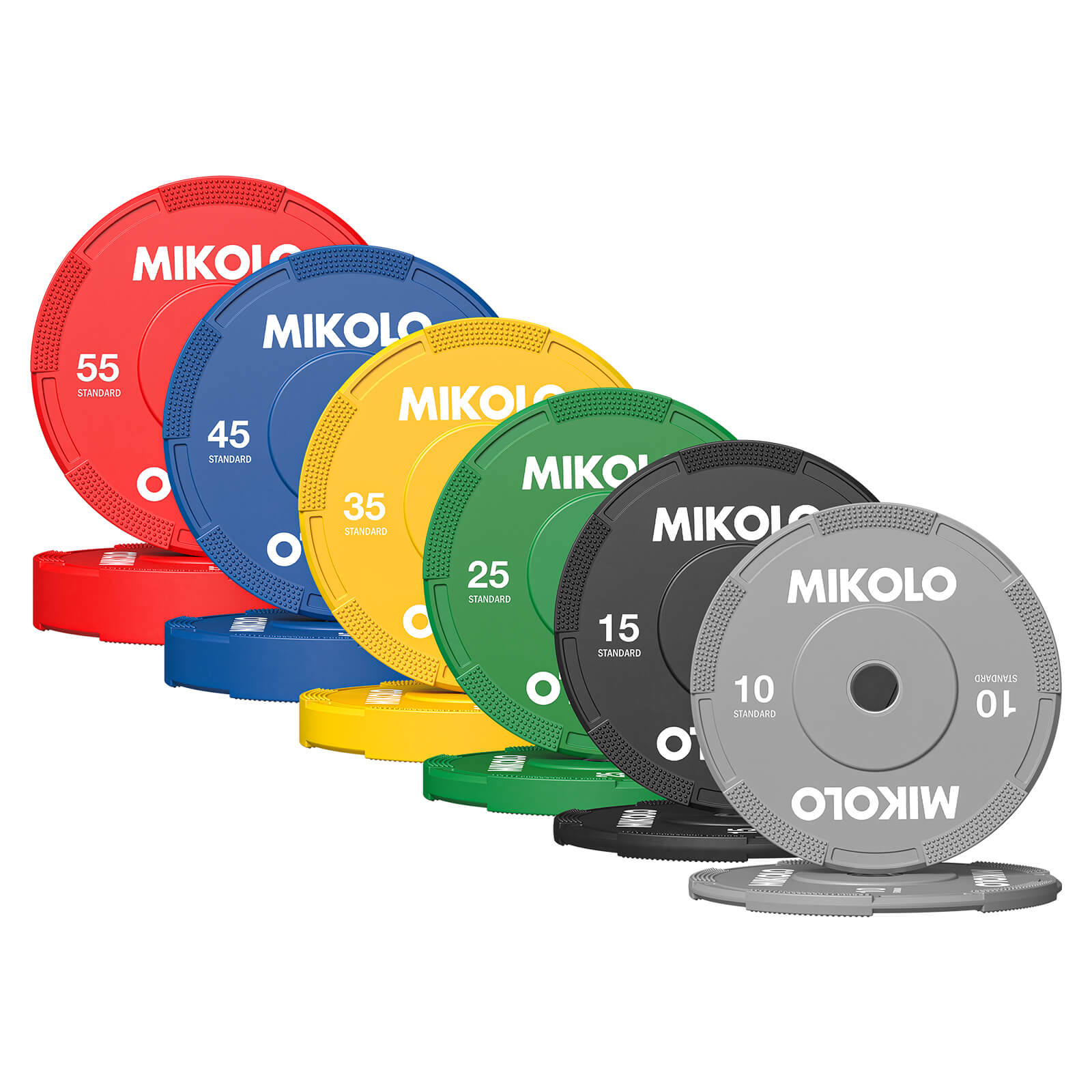

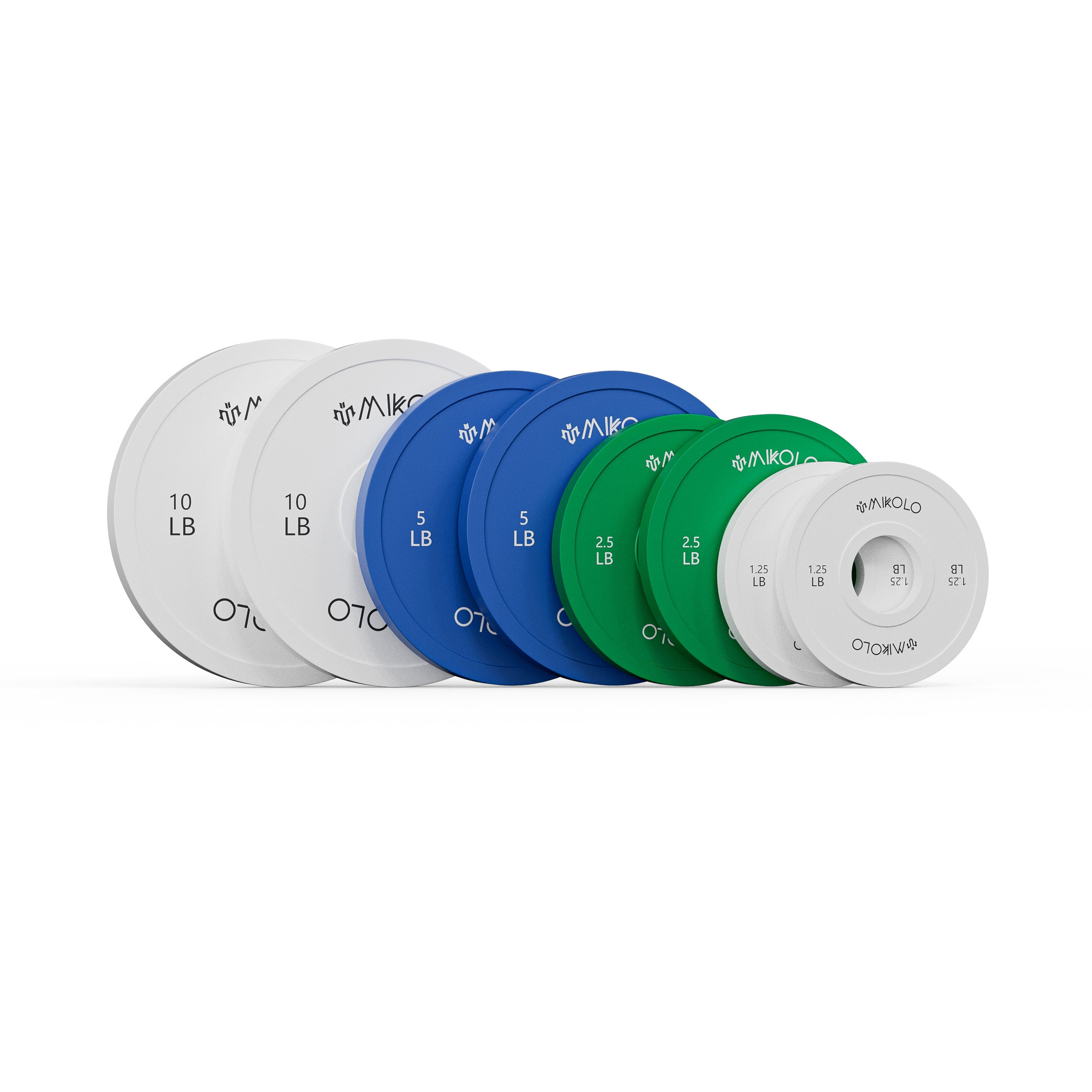

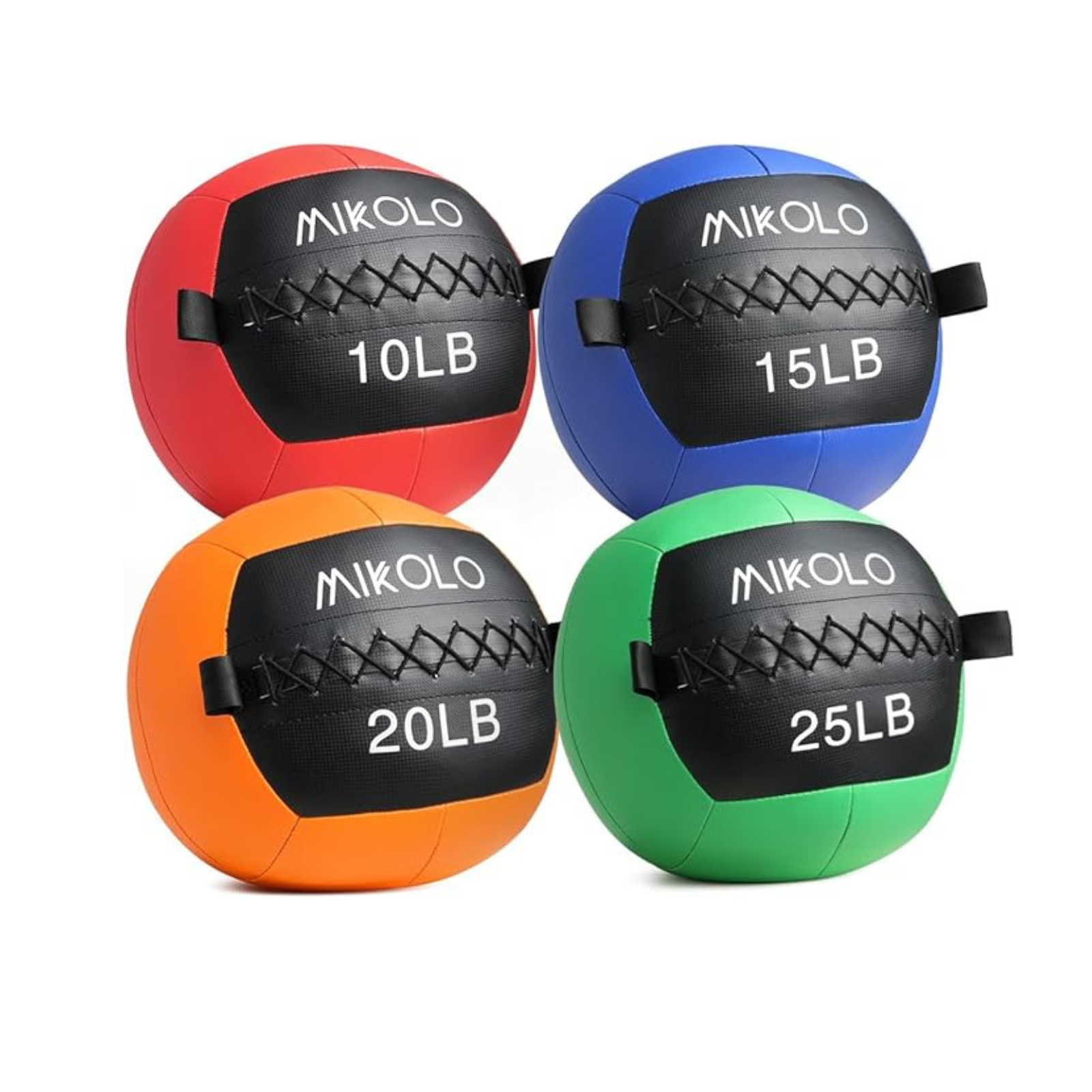
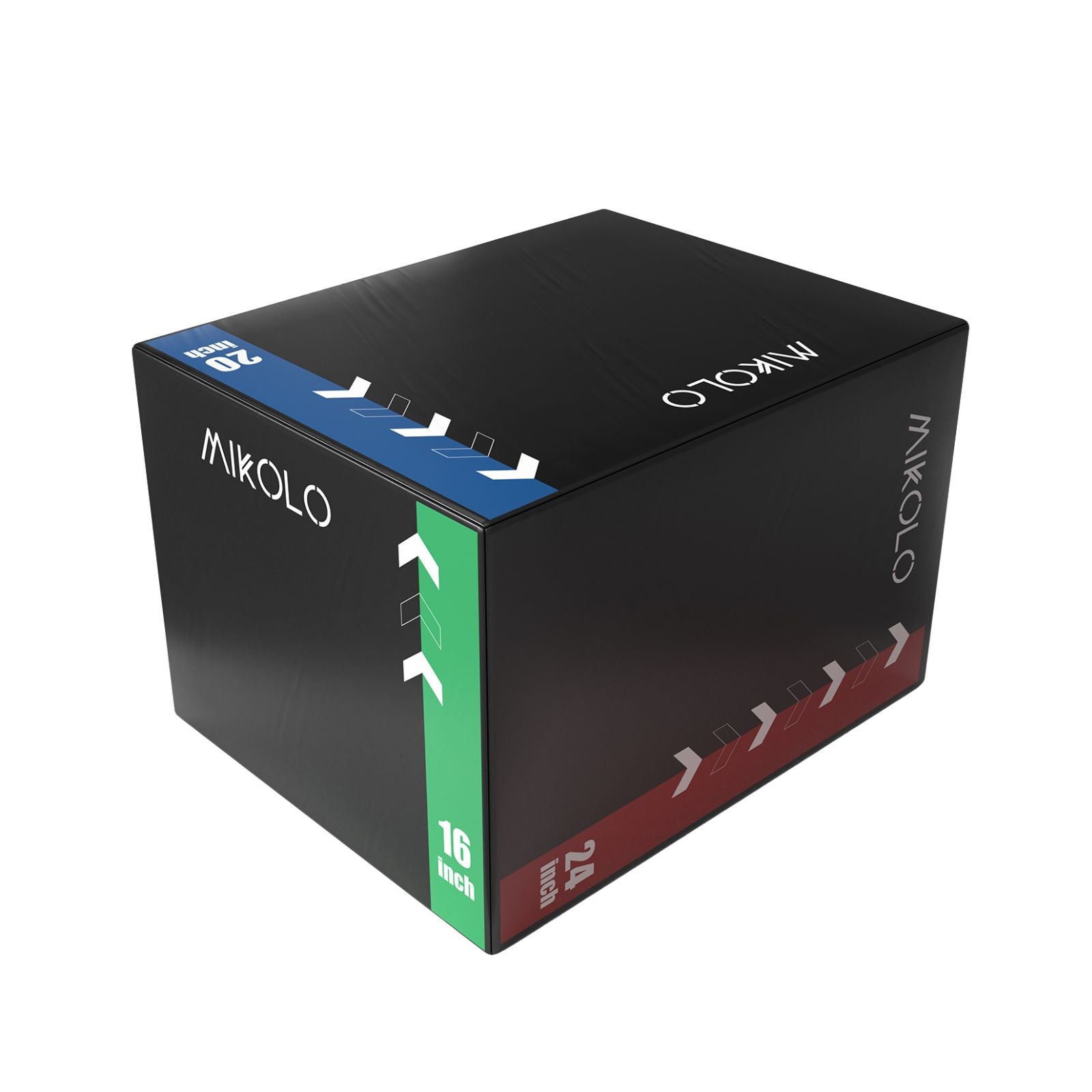






Leave a comment
This site is protected by hCaptcha and the hCaptcha Privacy Policy and Terms of Service apply.